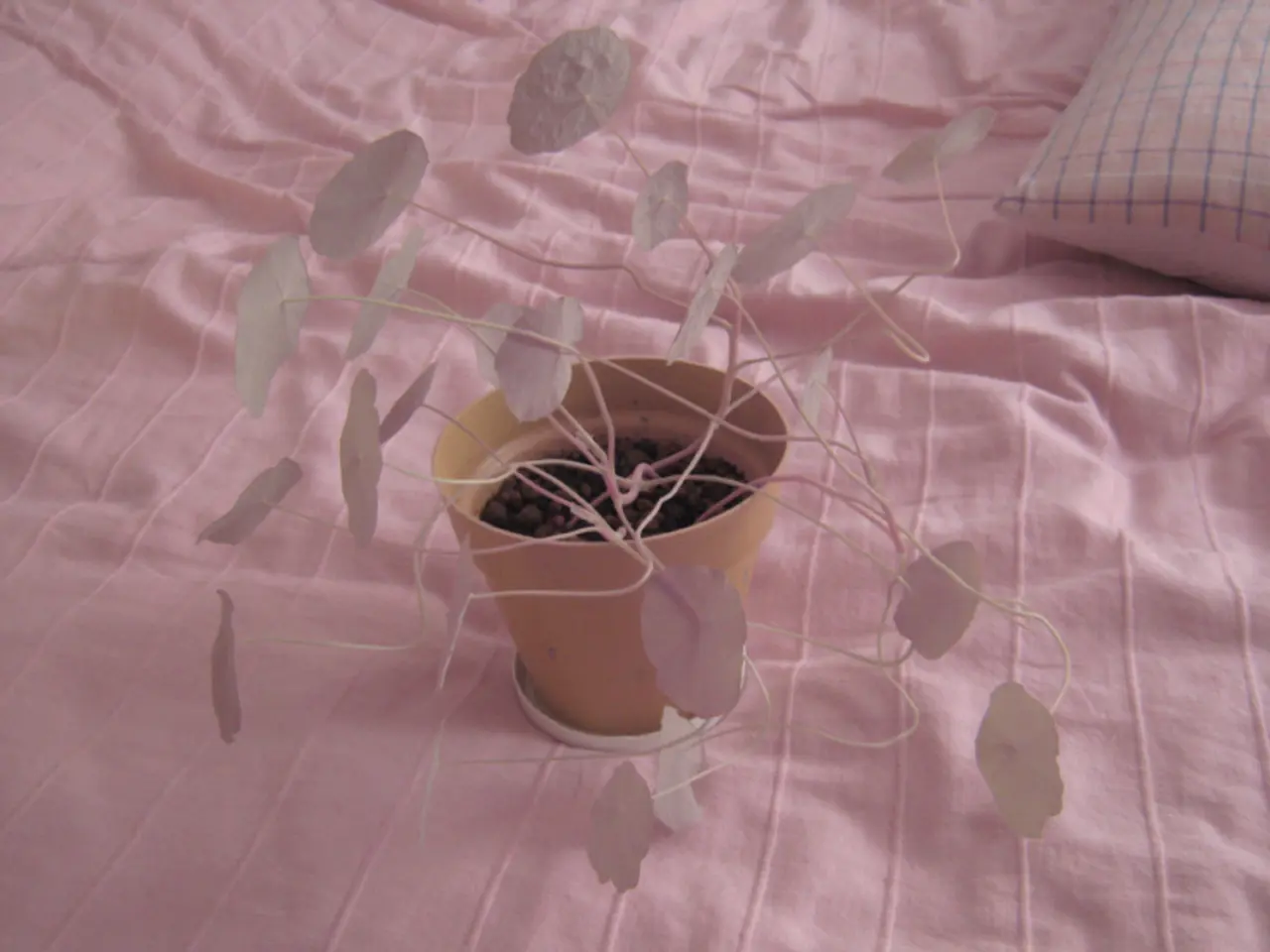Green Sleep Solutions: Essential Choices for More Restful Nights
Discovering the Best Eco-Friendly Bedding for a Healthier Sleep and Sustainable Environment
In the quest for a good night's sleep and a greener future, sustainable bedding has emerged as a popular choice. Here's a guide to the best eco-friendly and sustainable bedding materials that offer comfort, health benefits, and environmental sustainability.
Organic Cotton, Linen, Bamboo (Viscose or Lyocell), and Hemp lead the pack as the top eco-friendly bedding materials. These materials are grown and processed without harmful chemicals, pesticides, or synthetic fertilizers, supporting both environmental health and personal well-being.
- Organic Cotton: Grown without toxic pesticides, it is soft, breathable, durable, and ideal for sensitive skin. Certified by GOTS or OEKO-TEX ensures ethical and chemical-free production.
- Linen: Made from flax plants, linen requires less water and pesticides to grow, is breathable, strong, and becomes softer with use. It naturally regulates temperature for comfortable sleep.
- Bamboo (Viscose or Lyocell): Bamboo fibers processed sustainably offer softness, moisture-wicking, and antibacterial properties. Lyocell is considered more eco-friendly due to its closed-loop production process that minimizes chemical use.
- Hemp: Highly sustainable due to fast growth and minimal resource needs, hemp bedding is durable, breathable, and naturally resistant to pests without chemicals. It’s a strong and eco-conscious option.
Additional sustainable options include bedding with Tencel (a type of Lyocell) and mattresses incorporating organic cotton, wool, and natural latex, which enhance breathability and reduce the use of harmful synthetic materials.
Choosing certified organic and ethically produced bedding ensures fewer chemicals that might irritate skin or disrupt sleep, while also reducing water usage, soil degradation, and pollution associated with conventional textile farming. Look for certifications like GOTS, OEKO-TEX, and GREENGUARD Gold for assurance of health and sustainability standards.
Bamboo bedding is hypoallergenic and excellent at moisture management, catering to sensitive skin types. Sustainable bedding is a long-term investment due to its durability and health benefits. Wool, naturally insulating and moisture-wicking, can be sustainably sourced.
Eco-friendly bedding requires significantly less water and energy to produce compared to conventional bedding. Fair Trade ensures fair wages and good working conditions for workers. Bedding made from organic cotton, linen, bamboo, Tencel, or other eco-friendly materials is a sustainable choice.
GreenGuard certifies products with low chemical emissions to improve indoor air quality. Organic linen and organic hemp are the most sustainable bedding materials due to their low environmental impact and minimal water usage. Natural fibers like certified organic cotton, linen, silk, and wool are the healthiest bedding materials as they are free of harmful pesticides and chemicals.
In conclusion, by choosing eco-friendly bedding, you can enjoy a healthier sleep experience while being mindful of the environment.
- Embracing Tencel (a type of Lyocell) in bedding offers additional sustainable options, making it a comfortable and environmentally friendly choice.
- The incorporation of organic cotton, wool, natural latex, and other natural materials in mattresses significantly enhances breathability and reduces the reliance on harmful synthetic materials.
- Besides certifications like GOTS, OEKO-TEX, and GREENGUARD Gold, considering Fair Trade is essential for ensuring fair wages and humane working conditions.
- Choosing natural fibers like organic cotton, linen, silk, and wool, which are grown and processed without chemicals, ensures a healthier sleep environment and supports sustainable living.
- Opting for organic linen and organic hemp as bedding materials is not only the most sustainable choice due to their minimal water usage but also the healthiest, as they are free of harmful pesticides and chemicals.






